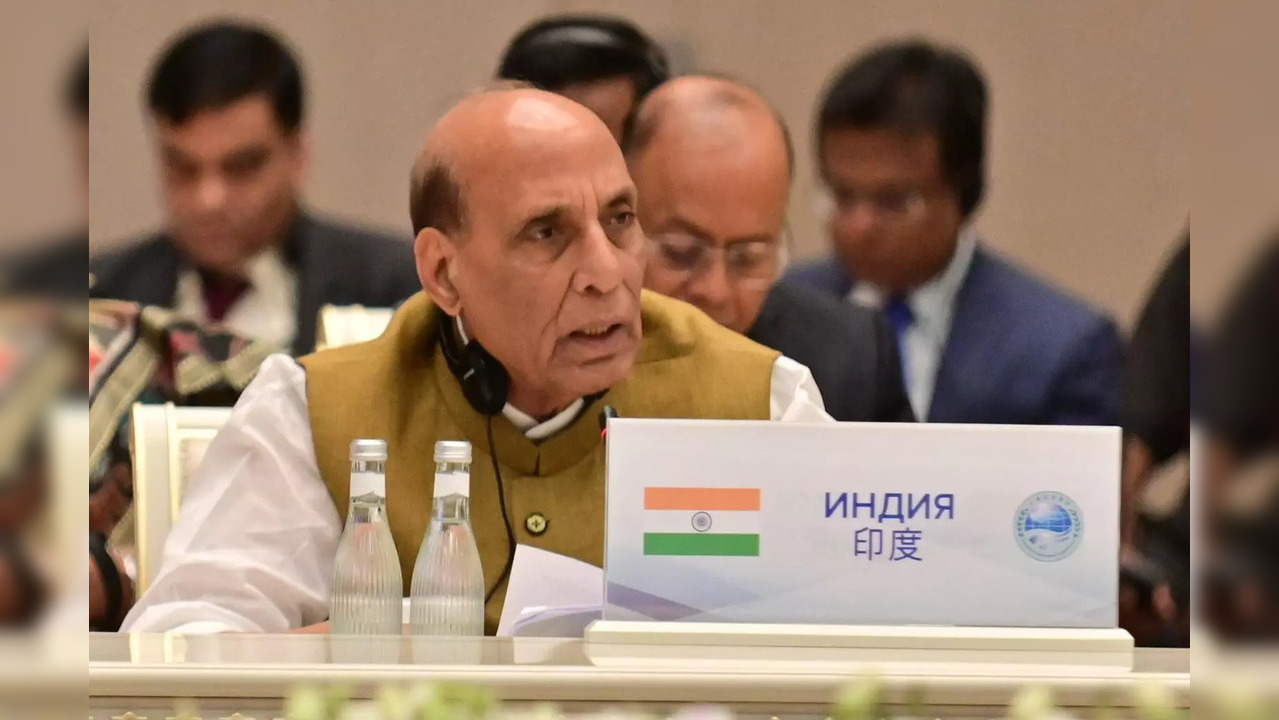
Rajnath Singh's SCO Document Refusal: A Stand Against Terrorism
Defence Minister Rajnath Singh recently made headlines with his refusal to endorse the joint document at the Shanghai Cooperation Organisation (SCO) summit. His decision was primarily driven by concerns about the lack of references to terrorism, notably the tragic Pahalgam terror attack that claimed 26 lives. Singh argued that the document failed to adequately reflect India’s unwavering stance against terrorism, particularly in light of Pakistan’s role in supporting such acts.
During the summit, Singh articulated India’s significant concerns about cross-border terrorism, emphasizing that the Pahalgam attack should have been explicitly addressed in the joint statement. His firm stance against the use of terrorism as a tactic of state policy, directly implicating Pakistan's involvement, resonated with many participants. Singh’s call for accountability for perpetrators and sponsors of terrorism underscores India’s zero-tolerance policy towards these heinous acts.
Singh’s refusal to sign the joint document was not just a procedural decision; it was a statement on India's commitment to the fight against terrorism. By not endorsing a document that overlooked a critical issue, he highlighted the necessity of addressing all forms of terrorism. The omission of the Pahalgam attack in the final document evidently signaled a failure to acknowledge India's serious concerns regarding terrorism.
In summary, Rajnath Singh's decisive actions at the SCO summit spotlight India's determination to confront terrorism and insist on due recognition of its concerns in global forums. His stand reinforces an essential message: when it comes to terrorism, India expects acknowledgment and accountability. For more insights on this topic, you may visit Hindustan Times.
